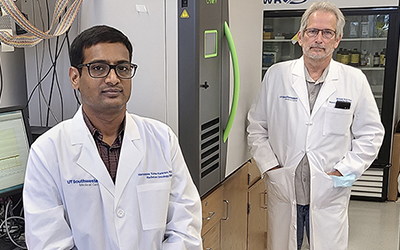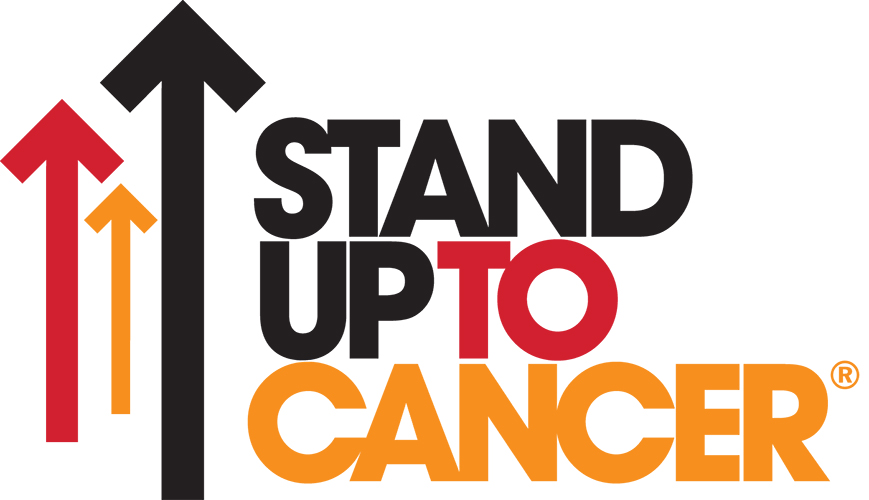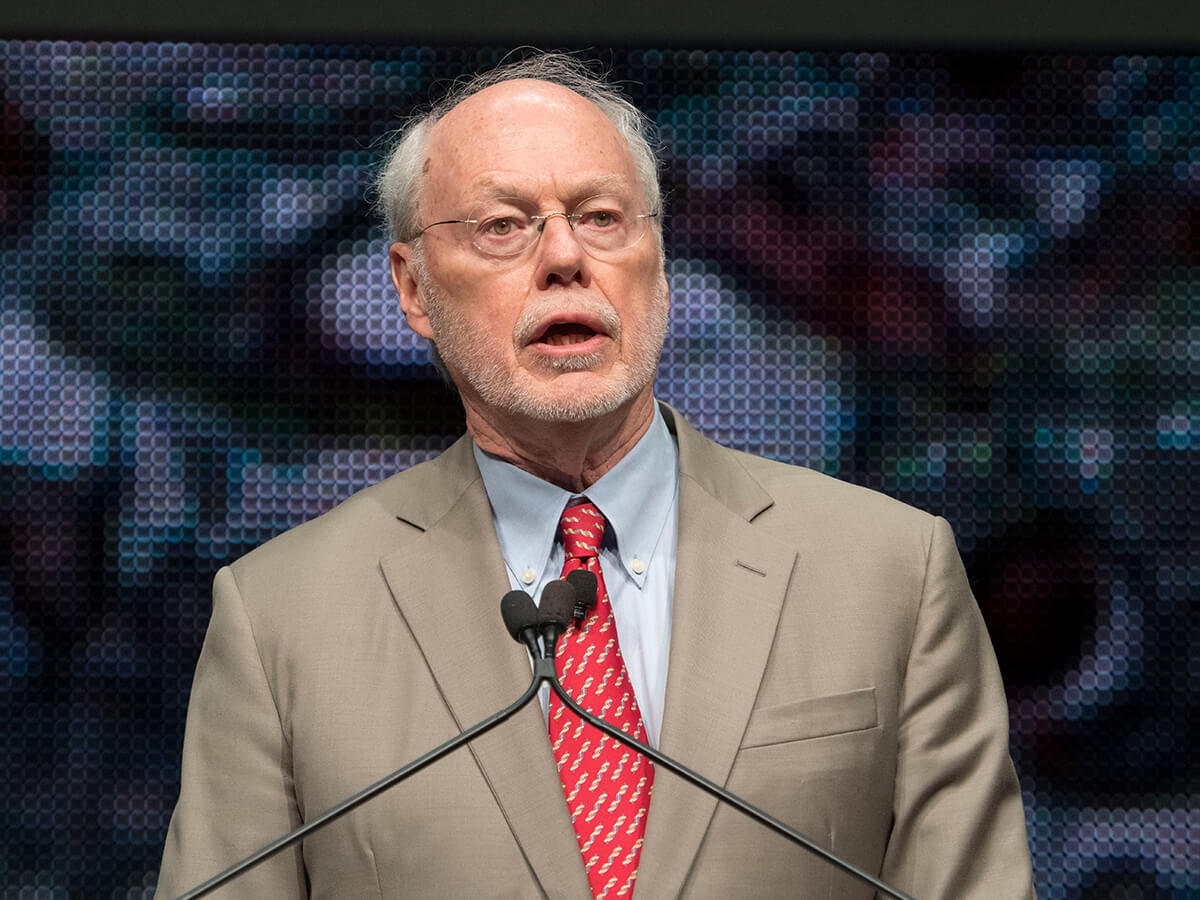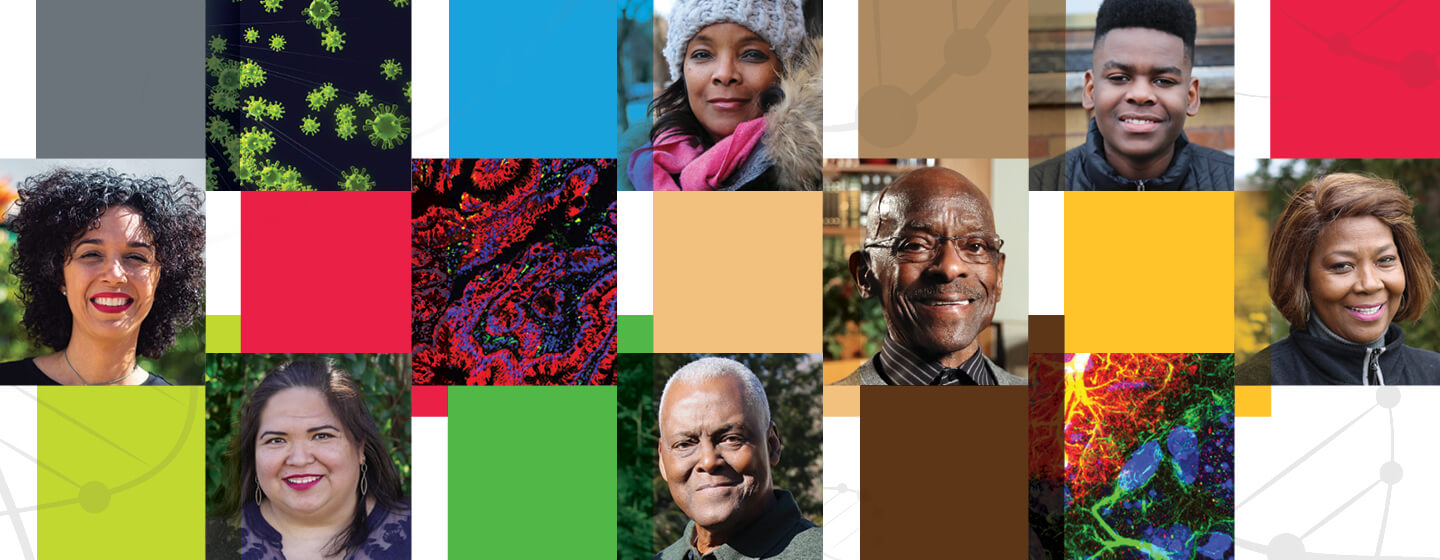Investing in Innovation
The AACR grants program sparks innovation in basic, translational, and clinical research by providing critical support to promising investigators at all career levels. Since 1993, the AACR has distributed more than $480 million in grants that has driven progress against cancer for the benefit of cancer patients.
The AACR’s network of partnerships yielded several new funding opportunities in 2020:
- AACR-The Mark Foundation for Cancer Research “Science of the Patient” Grants. These grants will advance our understanding of the influence of the biology of the host (i.e., patient) on the genesis, development, treatment, and survivorship of cancer by funding research on the interplay of host physiological systems with the tumor and/or tumor microenvironment.
- AACR-Swim Across America Research Fellowship. This new fellowship will support a postdoctoral or clinical research fellow in conducting cancer research and establishing a successful career path.
- AACR-PLGA Fund at the Pediatric Brain Tumor Foundation Research Grant to Optimize Drug Dosing Strategies for Pediatric LGA/LGG Patients. This new partnership will support innovative and collaborative research focused on the most common forms of pediatric brain cancer, low-grade glioma and low-grade astrocytoma.
- AACR Clinical Oncology Research (CORE) Training Fellowships. This fellowship program was launched in 2018 with funding from AstraZeneca and expanded in 2019 with support from Bayer. In 2020, the AACR formed a new partnership with Agenus to fund additional fellowships, which provide an effective industry-academic clinical practicum to develop academic physician-scientists in drug development.

Michael D. Story, PhD
Inaugural Recipient (2019)
AACR-Novocure Tumor Treating Fields (TTFields) Research Grant
Narasimha Kumar Karanam, PhD
2020 Recipient
AACR-Novocure Career Development Award for Tumor Treating Fields Research
57
Grants were awarded in 2020 to meritorious scientists from 36 institutions to support groundbreaking research in all areas of cancer science.
1,240
Applications were evaluated for AACR grants in 2020; applicants were from the United States and 29 other countries.
$3.49 million
Amount of research grant funding awarded to 27 postdoctoral and clinical fellows to boost their career development and sustain the next generation of cancer scientists.
$9.13 million
Amount awarded to 29 independent investigators at all career levels—including young investigators, mid-career researchers, and established scientists—to support groundbreaking cancer science.
324
Expert scientists served on 18 scientific review committees to select the 2020 grant recipients through a rigorous peer-review process. The AACR is a trusted administrator of research grants, providing expert peer review that is fair, rigorous, transparent, and timely.
Stand Up To Cancer:
Collaborating to Accelerate Progress
Stand Up To Cancer
A division of the Entertainment Industry Foundation, Stand Up To Cancer (SU2C) supports collaboration and innovation in translational cancer research to accelerate the development of new cancer treatments. As the Scientific Partner of SU2C, the AACR provides expert peer review and grants administration, ensuring that SU2C’s investment in research has the greatest benefit for cancer patients.

New Team: Gastric Cancer Interception Research
Team science is at the core of SU2C’s mission. In January, with oversight from the AACR, SU2C launched a new research team focusing on stomach (gastric) cancer, the world’s third leading cause of cancer death.
Many gastric cancers are detected at an advanced stage when they are difficult to treat. Under the guidance of team leader Andrew T. Chan, MD, MPH, and coleader Sandra Ryeom, PhD, this new team will conduct studies to identify biomarkers that would identify the presence of gastric cancer and support interception at an earlier stage. The three-year, $3 million team grant is supported by generous grants from the Cless Family Foundation and the Sara and Jeff Schottenstein Family Charitable Fund.
Phillip A. Sharp Innovation in Collaboration Awards
Named for the chair of the SU2C Scientific Advisory Committee, these awards bring together leading scientists to collaborate on critical problems in cancer research and identify novel solutions. In July, SU2C announced the launch of five new projects, with each team receiving up to $250,000 to pursue ideas that will accelerate progress for the benefit of cancer patients:
- Genomic and therapeutic implications of selective bacterial and fungal colonization of gastrointestinal malignancies
Leaders: Florencia McAllister, MD, and Luis A. Diaz, Jr., MD - Utilizing tumor organoids to facilitate the development of effective strategies to target pancreatic cancer with engineered T cells
Leaders: William A. Freed-Pastor, MD, PhD, and Philip D. Greenberg, MD, FAACR - Can scRNAseq-derived gene programs predict anti-PD1 response in high TMB CRC and NSCLC patients?
Leaders: Karin Pelka, PhD, and Matthew D. Hellmann, MD - Harnessing NK cells to treat pediatric cancers
Leaders: Karin Pelka, PhD, and Matthew D. Hellmann, MD - Enhancing ferroptosis to block Ewing sarcoma metastatic capacity
Leaders: Poul H. B. Sorensen, MD, PhD, and Elizabeth R. Lawlor, MD, PhD

Pancreatic Cancer Collective
The Pancreatic Cancer Collective (PCC) is a strategic partnership between SU2C and the Lustgarten Foundation that is focused on improving outcomes for a disease with a current five-year survival rate of nine percent. With the support of the AACR the collective made more progress toward that goal in 2020:
- PCC Summer Symposium. In response to the COVID-19 pandemic, the AACR worked with SU2C and the Lustgarten Foundation to adapt the Summer Symposium to a virtual format. Held in June, the symposium convened experts from across the full spectrum of pancreatic cancer research. SU2C Scientific Advisory Committee Chair Phillip A. Sharp, PhD, FAACR, and AACR President-Elect and Lustgarten Chief Scientist David A. Tuveson, MD, PhD, FAACR, addressed the symposium attendees and urged them to continue their critical work despite the challenges of the pandemic.
- New Therapies Challenge Grants: Additional Funding. The New Therapies Challenge Grants were launched in 2019 with seven research teams each receiving up to $1 million in initial funding. In March, the PCC announced that the four teams that demonstrated the most promising preliminary results would receive a second round of funding. The following four teams will receive up to $4 million over a three-year term to bring their potential therapies into clinical trials:
- Exploiting DNA Repair Gene Mutations in Pancreatic Cancer
Team leader: Alan D. D’Andrea, MD, FAACR
Coleader: James M. Cleary, MD, PhD
The team will develop three clinical trials testing therapies that combine gemcitabine with inhibitors that target regulatory proteins involved in DNA repair. - Immunotherapy Targeting Mutant KRAS
Team leader: Robert H. Vonderheide, MD, DPhil
Coleaders: Elizabeth M. Jaffee, MD, FAACR, and Beatriz M. Carreno, PhD
The team is conducting two different clinical trials of novel vaccines to identify the molecular receptor that triggers the most promising mKRAS immune responses. When that receptor is identified, the team will conduct a clinical trial of engineered T-cell therapy for patients with metastatic pancreatic cancer.
- Molecularly Targeted Radionuclide Therapy via the Integrin AlphaVBeta6
Team leader: Julie L. Sutcliffe, PhD
Coleader: Richard L. Bold, MD
The team will conduct a phase I, first-in-human study to evaluate the feasibility, safety, and efficacy of two peptide constructs synthesized as part of an effort to develop a peptide receptor radionuclide therapy. - Targeting SHP2 in Pancreatic Cancer
Team leader: René Bernards, DPhil, FAACR
Coleaders: Emile E. Voest, MD, PhD, and Hana Algül, MD, MPH
The team will move into a phase I/Ib clinical trial to test the combination of SHP2 inhibitors (RMC4630) and ERK inhibitors (LY3214996) in pancreatic cancers with a mutation in the KRAS gene.
